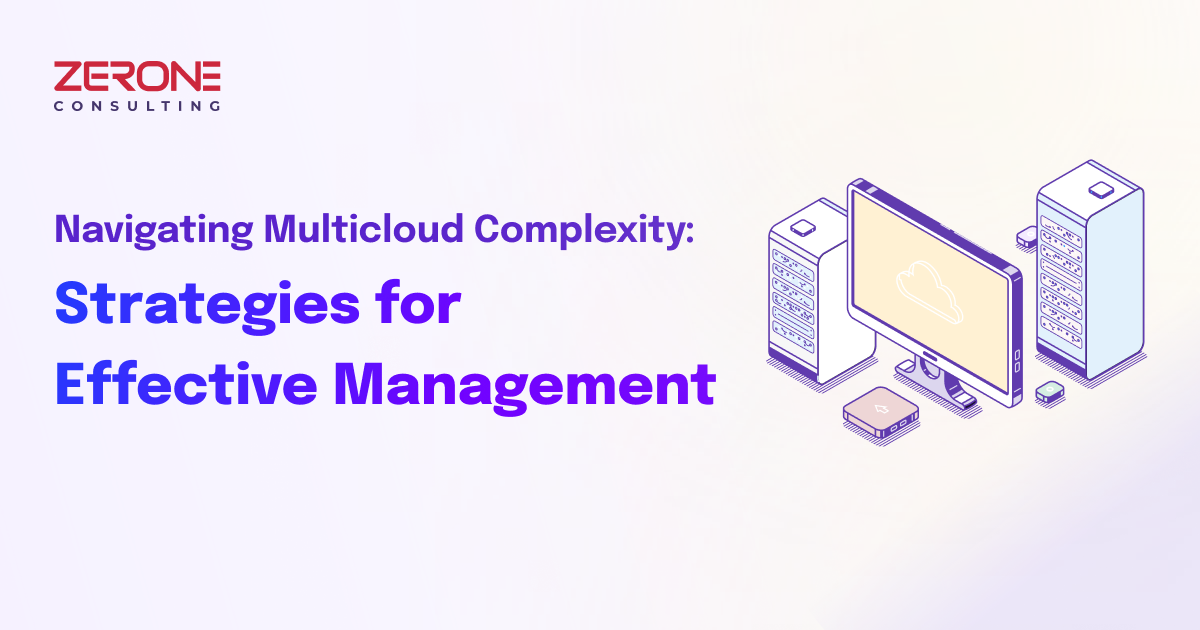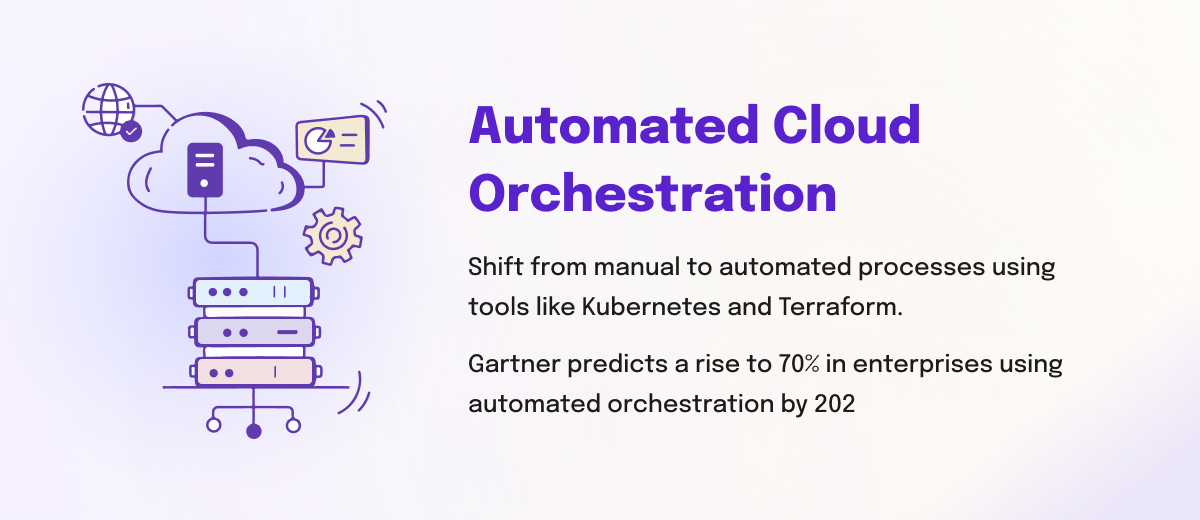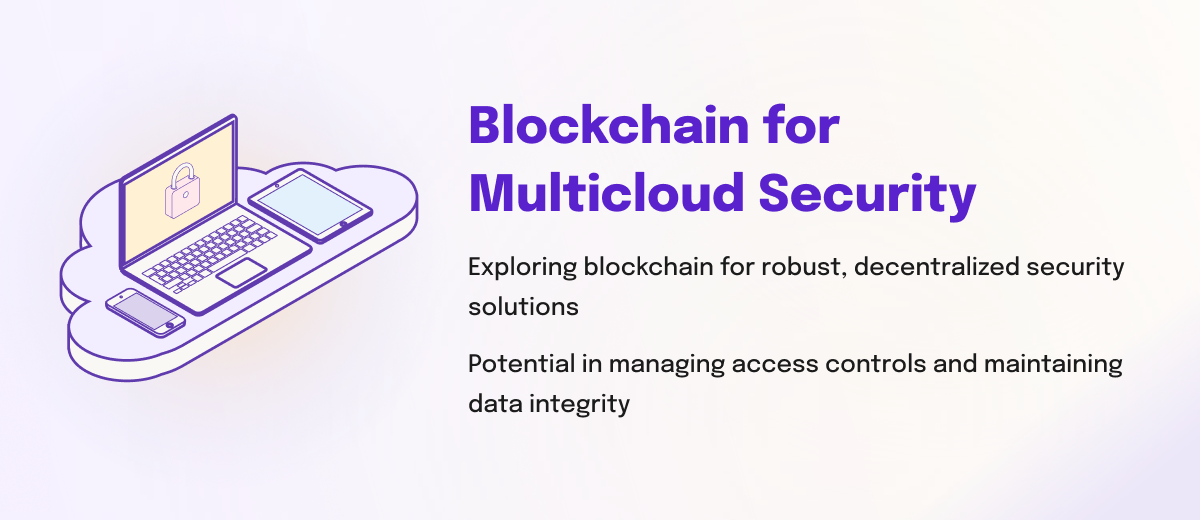Navigating the complex landscape of multicloud environments is a critical task for businesses aiming to optimize their cloud strategies. As we move into a new era of cloud computing, it's essential to understand the advanced strategies and insights that can drive effective management of multicloud infrastructures.This article provides a comprehensive exploration of sophisticated strategies and future trends, with a focus on delivering advanced insights.

Advanced Strategies for Multicloud Management
1. Automated Cloud Orchestration:
Modern multicloud management demands a shift from manual processes to automated orchestration. Tools like Kubernetes and Terraform have emerged as leaders in this space, enabling businesses to automate deployment, scaling, and management of applications across multiple cloud environments. For instance, a study by Gartner predicts that by 2025, over 70% of enterprises will employ automated orchestration to manage multicloud infrastructures, a significant increase from the current 20%.

2. AI-Driven Cloud Optimization:
AI and machine learning are playing pivotal roles in enhancing cloud efficiency. AI-driven tools can analyze usage patterns, predict future demands, and automatically adjust resources, thus ensuring cost-efficiency and performance optimization. According to IDC, AI in cloud management is expected to reduce operational costs by up to 30% in the next three years.
3. Enhanced Security Posture:
As multicloud environments grow in complexity, so does the need for advanced security strategies. Implementing a zero-trust architecture, where access is granted based on strict identity verification, is gaining traction. A recent survey by Forrester revealed that 60% of organizations are either implementing or expanding their zero-trust initiatives in multicloud setups.
Emerging Technologies and Their Impact
A. Blockchain for Enhanced Cloud Security:
Blockchain technology is increasingly being explored for enhancing security in multicloud environments. Its decentralized nature offers a robust solution against data breaches and cyber attacks. Companies are now experimenting with blockchain to manage access controls and maintain data integrity across their cloud ecosystems.

B. Integration of IoT with Multicloud:
The Internet of Things (IoT) is generating vast amounts of data that require robust cloud solutions for storage and analysis. The integration of IoT with multicloud environments is facilitating real-time data processing and analytics, leading to more informed decision-making and enhanced operational efficiencies.
Future Insights: The Road Ahead
1. Quantum Computing in Cloud Management:
The integration of quantum computing in cloud management is poised to revolutionize multicloud environments. Quantum algorithms have the potential to solve complex optimization problems, which can drastically improve cloud resource allocation and efficiency.
2. Sustainable Cloud Computing:
Sustainability is becoming a key consideration in multicloud strategies. Future trends indicate a move towards greener cloud solutions, where businesses will prefer cloud providers that offer energy-efficient infrastructures and practices. This shift not only aligns with global sustainability goals but also offers long-term cost benefits.
3. Edge Computing Convergence:
The convergence of multicloud and edge computing is an emerging trend. This integration aims to bring data processing closer to the source of data generation, thereby reducing latency and improving performance for critical applications. Gartner predicts that by 2026, over 50% of enterprise-generated data will be created and processed outside traditional data centers or clouds.
Conclusion
In conclusion, navigating multicloud complexity requires a sophisticated approach that embraces automation, AI optimization, and advanced security measures. Emerging technologies like blockchain and IoT integration further enhance the capabilities of multicloud environments. Looking ahead, the integration of quantum computing, a focus on sustainability, and the convergence with edge computing are set to shape the future of multicloud management. Businesses that adapt to these evolving trends and technologies will not only establish their authority in the cloud domain but also ensure long-term operational success and resilience.